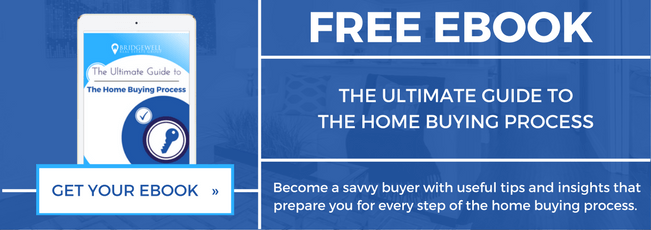Down Payment 101: Frequently Asked Questions About Down Payments in Real Estate
FAQs about down payments BC
Down Payment 101
Figuring out your down payment and how much you’ll be putting towards your purchase is an extremely important step in the home buying prep process.
This blog goes through down payment 101 frequently asked questions, and minimum down payment information so that you can understand what you need to be able to buy a home in BC.
For everything you need to know about down payments in BC when purchasing a home, keep reading!
What is the minimum down payment in BC?
The minimum down payment calculations are federal, and therefore apply to BC and the rest of Canada. If you are putting less than 20% down you will require mortgage default insurance.
The minimum down payment required is dependent on the purchase price of the home, and varies at different price points. Furthermore, it is dependent on whether or not the purchase is used as a primary residence or investment.
Minimum Down Payment for a Purchase Price Under $500,000
For homes with a purchase price under $500,000, the minimum down payment is 5% of the purchase price. This must be used as a primary residence.
Minimum Down Payment for a Purchase Price under $1,500,000
If you are purchasing a home that is valued between $500,000 and up to$1.5 million, the minimum down payment is based on a sliding scale.
This calculation is 5% on the first $500,000, and 10% percent of the remaining balance of the purchase price. This must be used as a primary residence.
Minimum Down Payment for a Purchase Price of $1,500,000 and above
For homes with a purchase price of $1.5 million or more, the minimum down payment is 20% of the total. There is no sliding scale calculation for homes valued above $1,500,000. This must be used as a primary residence.
Minimum Down Payment for an Investment Property
The minimum down payment for an investment property is 20% of the purchase price.
Anytime you are putting less than 20% down you fall under a high-ra
tio mortgage, and are therefore required to obtain mortgage default insurance. In other words, if you are putting less than 20% down you are considered to be an insured mortgage.
Investment properties do not qualify for mortgage insurance, and therefore you are required to put 20% down or more.
Minimum Down Payment Example Calculations
Example #1: Purchase price: $400,000
$400,000 @ 5% (anything less than $500K is @5%): $20,000
Total down payment minimum for a purchase price of $400,000: $20,000
Example #2: Purchase price $750,000
First $500K @ 5% minimum down: $25,000
$250K ($750-500K) @ 10% minimum down: $25,000
Total down payment minimum for a purchase price of $750,000: $50,000
Example #3: Purchase price: $1,700,000
$1,700,000 @ 20% (all homes $1,500,000+ subject to min 20% down: $340,000)
Total down payment minimum for purchase price of $1.7M: $340,000
Does the deposit form a part of my down payment?
Yes, the deposit forms a part of your down payment.
Therefore, if you plan on putting 20% down total and gave a 5% deposit already, then at completion the remaining 15% down payment (20% total – 5% deposit) would be due.
For more information on deposits, read our blog post here: Real Estate Deposits 101
Can I use money gifted to me as part of my down payment?
In most cases lenders will accept money that is gifted to you if it is from a family member (best case: immediate family member).
A gift letter is usually required to be signed by the donor of the money to confirm it is not a loan, as your broker and/or bank need to properly calculate your debt service ratio.
Can I use funds from my RRSP for a down payment?
If you are a first time home buyer, you may be able to use funds from your RRSP account via the government’s Home Buyers Plan (HBP).
There are limits to the amount that you can take out as a first time home buyer, and there is a repayment period that you have to comply with in order to use those funds towards your purchase tax free.
For more information on the Home Buyers Plan, visit the government website: Home Buyers Plan
Mortgage Insurance Premium for High Ratio Mortgages
A buyer will require mortgage insurance premium from companies like CMHC or Genworth if they require a “high ratio mortgage” or are putting less than 20% down. The lender essentially requires you pay a premium to offset the risk of you defaulting, as you’re putting a smaller amount down towards the purchase.
The premium may be paid upfront at the time of purchase (lump sum) or added to the mortgage principal to be paid over time. Many buyers add the premium on to their monthly mortgage payment, but you will have to pay interest on the premium.
The amount of how much the premium costs depends on how much the buyer puts down, and works on a sliding scale.
One benefit of putting MORE than 20% down is that you don’t need to pay the insurance premium.
——-
If you’re looking to purchase a property in the Greater Vancouver area and are looking for a realtor to help represent you then reach out to us!
Start a conversation with a local realtor by calling or texting 604-319-0200 or email [email protected]. We’re here to help get your home buying journey started!




